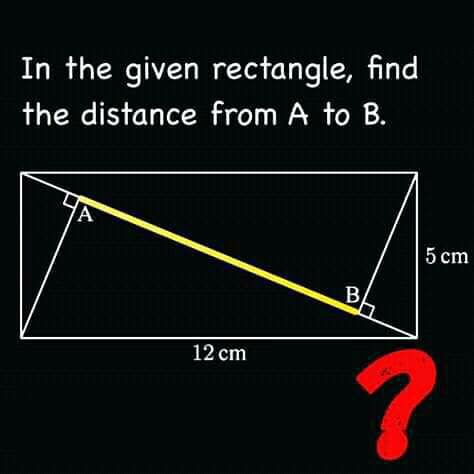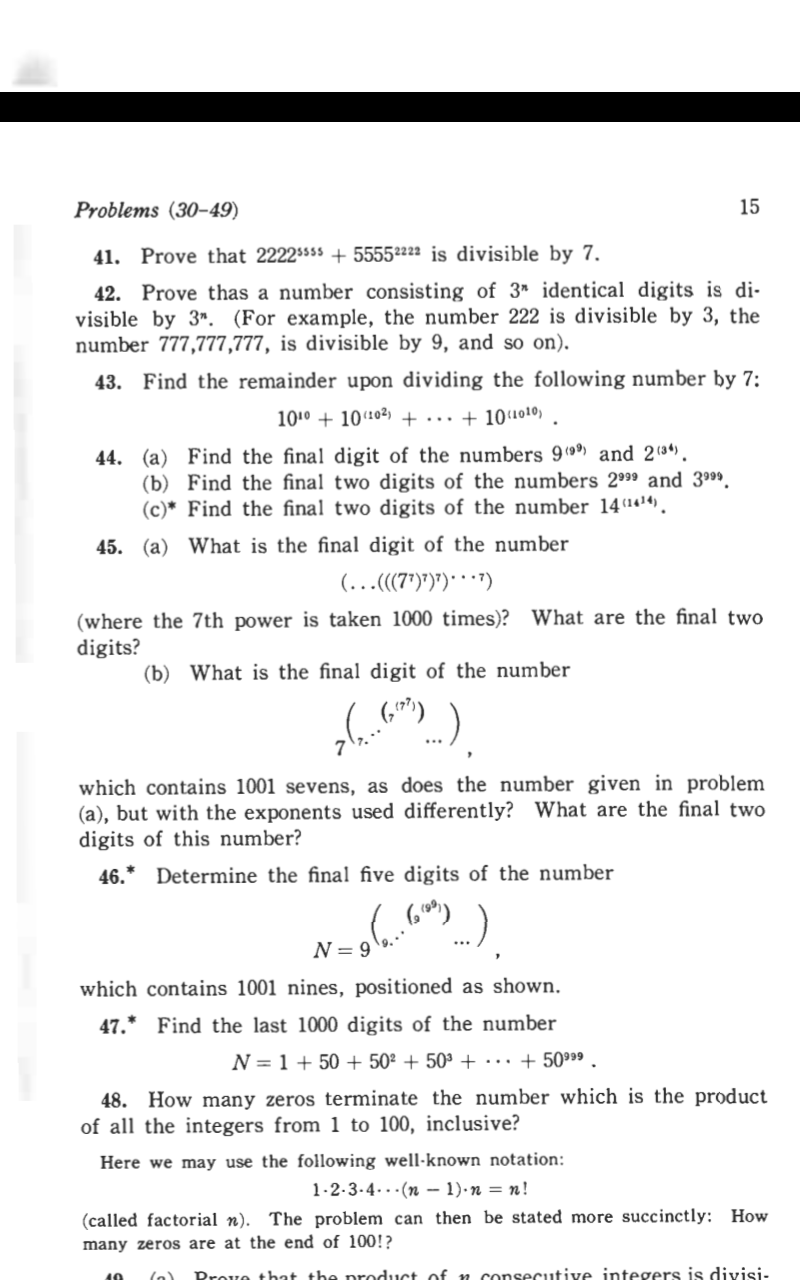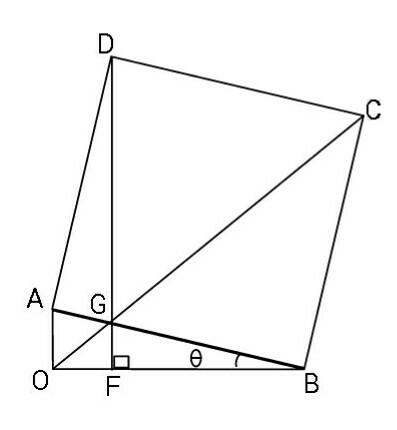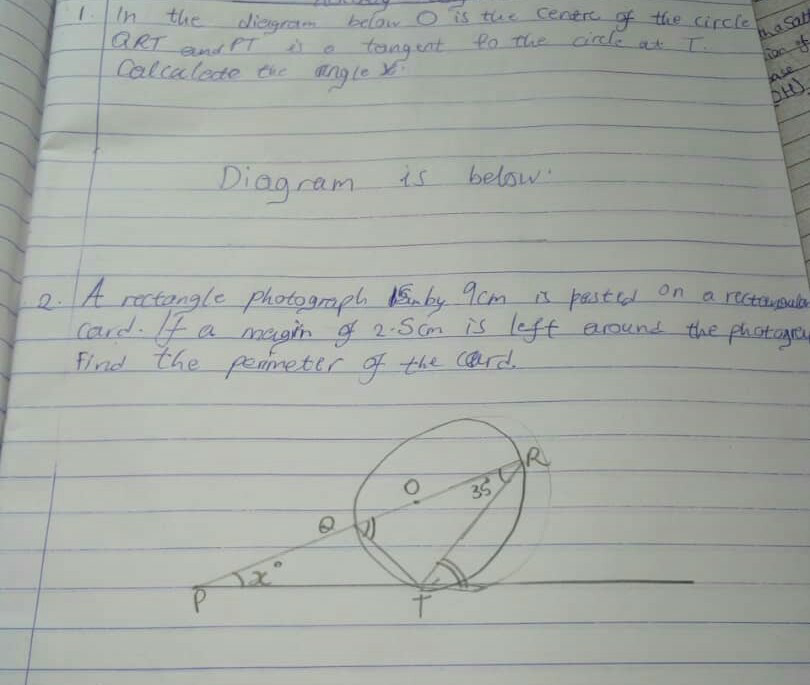
AllQuestion and Answers: Page 1494
Question Number 58780 Answers: 1 Comments: 0
$$\mathrm{367}×\mathrm{25} \\ $$$$\mathrm{397}×\mathrm{45} \\ $$$$\mathrm{484}×\mathrm{79} \\ $$
Question Number 58779 Answers: 0 Comments: 0
Question Number 58778 Answers: 0 Comments: 0
Question Number 58776 Answers: 1 Comments: 0
Question Number 58775 Answers: 0 Comments: 0
Question Number 58774 Answers: 0 Comments: 3
Question Number 58772 Answers: 1 Comments: 0
$$\frac{\mathrm{1}}{\mathrm{6}}×\frac{\mathrm{2}}{\mathrm{5}} \\ $$$$ \\ $$
Question Number 58771 Answers: 0 Comments: 0
Question Number 58770 Answers: 2 Comments: 1
Question Number 58769 Answers: 0 Comments: 1
Question Number 58756 Answers: 3 Comments: 0

Question Number 58754 Answers: 2 Comments: 0

Question Number 58753 Answers: 1 Comments: 1
Question Number 58750 Answers: 0 Comments: 2

Question Number 58720 Answers: 2 Comments: 0
$${find}\:\frac{{dy}}{{dx}}\:{given}\:{that}\:\:{y}\:=\:{cos}\left({x}°\right) \\ $$
Question Number 58717 Answers: 1 Comments: 1

Question Number 58716 Answers: 1 Comments: 0
$$\frac{\mathrm{1}}{\mathrm{3}}+\frac{\mathrm{1}}{\mathrm{4}} \\ $$
Question Number 58700 Answers: 0 Comments: 5
Question Number 58698 Answers: 1 Comments: 4
Question Number 58696 Answers: 1 Comments: 3

Question Number 58686 Answers: 0 Comments: 1

Question Number 58682 Answers: 1 Comments: 0
$$\mathrm{3}\frac{\mathrm{1}}{\mathrm{5}}+\mathrm{2}\frac{\mathrm{1}}{\mathrm{15}} \\ $$
Question Number 58675 Answers: 0 Comments: 5

Question Number 58671 Answers: 3 Comments: 2
Question Number 58669 Answers: 2 Comments: 0
Question Number 58668 Answers: 0 Comments: 4

Pg 1489 Pg 1490 Pg 1491 Pg 1492 Pg 1493 Pg 1494 Pg 1495 Pg 1496 Pg 1497 Pg 1498
